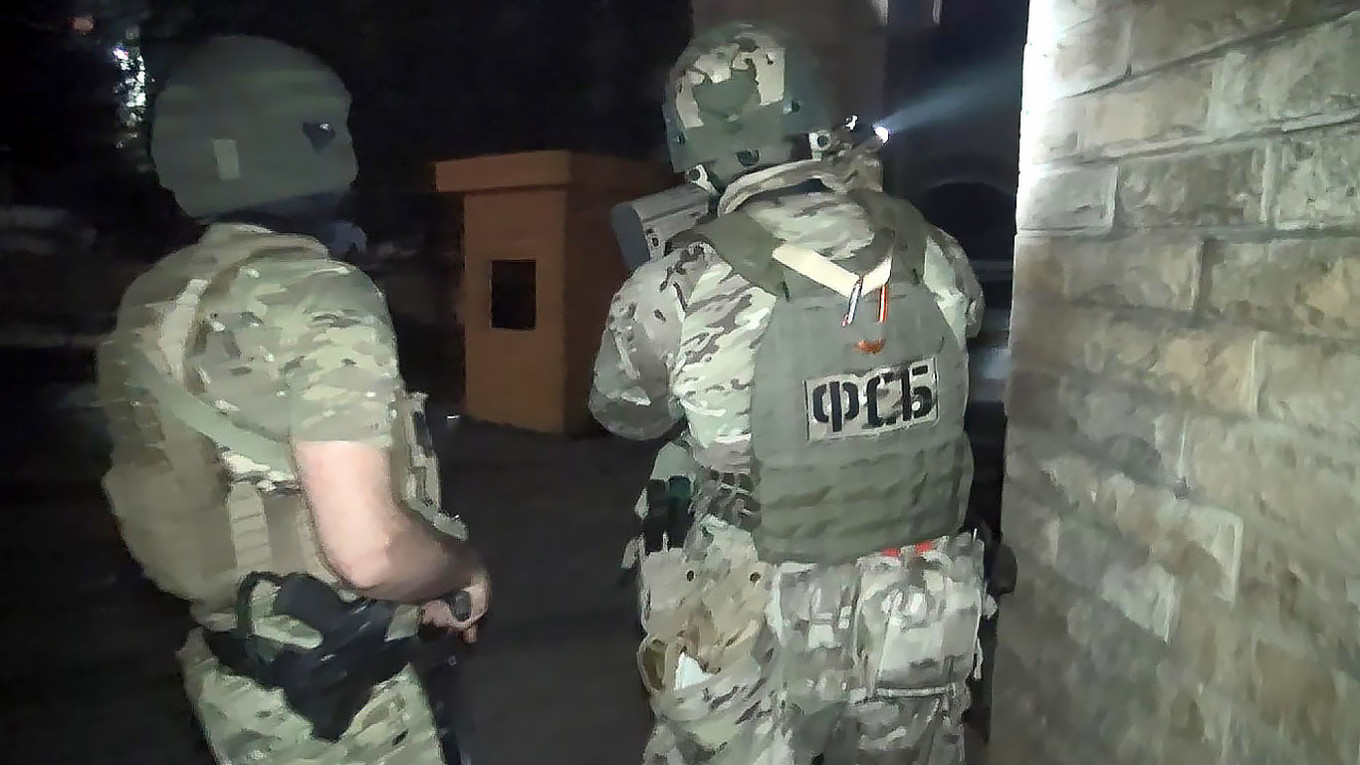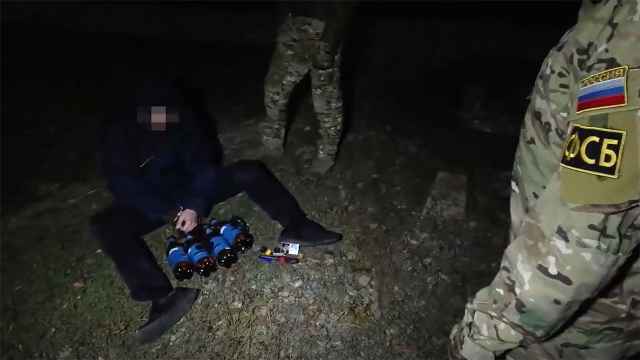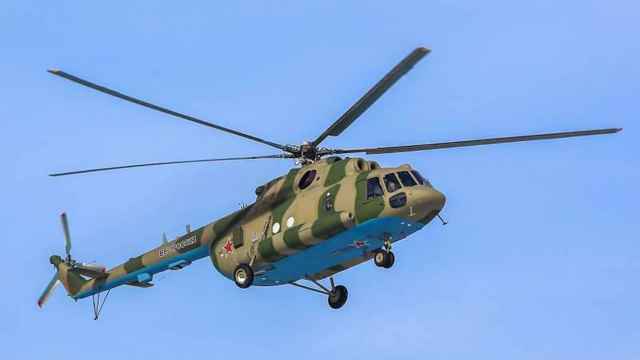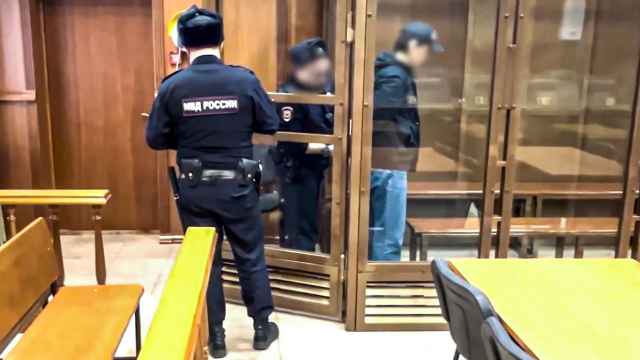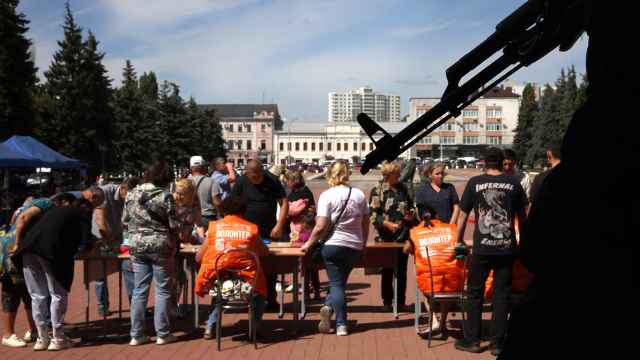Russia’s Federal Security Service (FSB) said Wednesday that it foiled an attempted assassination of a Russian war veteran.
FSB officers arrested an alleged “Ukrainian agent” in the northwestern city of Novgorod as he was reportedly retrieving an improvised explosive device meant to blow up the veteran’s vehicle.
The law enforcement agency did not identify the intended target of the assassination plot and named the suspect only by his birth year, 1997.
FSB video published by state-run news agencies showed uniformed agents conducting a nighttime arrest and displaying items said to be components of an explosive device.
In the footage, the alleged bomb plotter, with his face blurred, identified himself as a Ukrainian citizen who had contacted Ukrainian intelligence officials via Telegram sometime after October 2023.
“I was tasked with burning the personal vehicles of alleged Russian soldiers, which I carried out in September and December 2024,” he said. It was not clear whether he was speaking under duress.
The FSB said the man had previously set fire to two cars bearing symbols of the “special military operation” and had surveilled employees of local defense enterprises and critical infrastructure.
“In January 2025, I was tasked with locating another soldier’s vehicle and residence for his future liquidation,” the suspected assassin added in the video.
He faces up to 20 years in prison if convicted of planning a terrorist attack and trafficking explosives.
The arrest announcement follows the apparent assassination of a former Russian officer in a bomb attack late last month. The officer, Major Zaur Gurtsiye, commanded air operations during the siege of Mariupol and later became deputy mayor of the southern city of Stavropol.
A Message from The Moscow Times:
Dear readers,
We are facing unprecedented challenges. Russia's Prosecutor General's Office has designated The Moscow Times as an "undesirable" organization, criminalizing our work and putting our staff at risk of prosecution. This follows our earlier unjust labeling as a "foreign agent."
These actions are direct attempts to silence independent journalism in Russia. The authorities claim our work "discredits the decisions of the Russian leadership." We see things differently: we strive to provide accurate, unbiased reporting on Russia.
We, the journalists of The Moscow Times, refuse to be silenced. But to continue our work, we need your help.
Your support, no matter how small, makes a world of difference. If you can, please support us monthly starting from just $2. It's quick to set up, and every contribution makes a significant impact.
By supporting The Moscow Times, you're defending open, independent journalism in the face of repression. Thank you for standing with us.
Remind me later.


